Should I Pay More Points for a Lower Interest Rate?
This calculator helps you determine whether paying more points in a loan is the best option for you.
Over the past year, as interest rates have remained low, and lending requirements have softened a bit, many consumers have explored purchasing a new home or refinancing an existing home loan. One of the key questions all potential borrowers face in this process is whether or not to pay more points for a lower interest rate on their new home loan. A point is simply a percentage point of the loan principal – one point equals one percent of the total principal amount. For example, one point on a $200,000 loan would be $2,000.
For a home loan, there is a direct relationship between the points paid at the closing of the loan and the interest rate received as part of that loan. Paying more points reduces the interest rate associated with the loan (and visa-versa).
There are two major factors borrowers need to consider when making the decision whether or not to may more points in exchange for a lower rate:
How much can you afford to pay at closing? If cash is tight at the time of the time of purchase or refinance, it may make sense (or even be necessary) to reduce the number of points paid in exchange for a slightly higher interest rate.
How long until you expect to move or refinance? The longer amount of time you expect to hold onto your current loan, the more sense it makes to pay more points in exchange for a lower rate.
You can use the Pay More Points Calculator below to help decide which is the best option for you. While this will provide some general direction, it is always wise to seek advice from a professional financial advisor to make a final decision as to which is the best option for you.
QUESTIONS & ANSWERS - COMPLIMENTS OF CONSUMER FINANCIAL PROTECTION BUREAU (CLICK FOR ANSWERS)
How do I find the best loan available when I’m shopping for a home mortgage loan?
What costs will I have to pay as part of taking out a mortgage loan?
What fees or charges are paid when closing on a mortgage and who pays them?
What is the finance charge on a mortgage?
What does “amount financed” mean when getting a mortgage loan?
How does paying down a mortgage work?
How do mortgage lenders calculate monthly payments?
What is the difference between a mortgage interest rate and an APR?
What is the difference between a fixed-rate and adjustable-rate mortgage (ARM) loan?
If I am considering an adjustable-rate mortgage (ARM), what should I look out for in the fine print?
For an adjustable-rate mortgage (ARM), what are the index and margin, and how do they work?
With an adjustable-rate mortgage (ARM), what are rate caps and how do they work?
What is an "interest-only" loan?
Is there any reason my mortgage payment would change over the life of my loan?
What are (discount) points and lender credits and how do they work?
What is a loan-to-value ratio and how does it relate to my costs?
What is a payoff amount? Is my payoff amount the same as my current balance?
What is mortgage insurance and how does it work?
What is a second mortgage loan or "junior-lien"?
What are mortgage origination services? What is an origination fee?
What is a mortgage "closing"? What happens at the closing?
What are prepaid interest charges?
I’m about to close on a mortgage. What should I do before, during, and after the mortgage closing?
What is the difference between a mortgage broker and a mortgage lender?
What is homeowner's insurance? Why is homeowner's insurance required?
What are Fannie Mae and Freddie Mac?
My mortgage closing forms mention a “security interest.” What is a security interest?
What are late fees on a mortgage?
